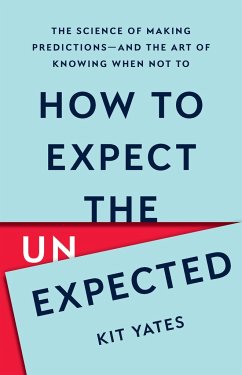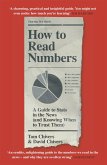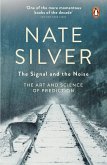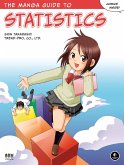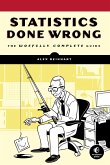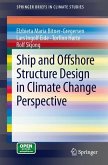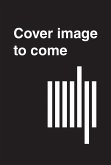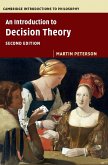Are you more likely to become a professional footballer if your surname is Ball? How can you be one hundred per cent sure you will win a bet? Why did so many Pompeiians stay put while Mount Vesuvius was erupting? How do you prevent a nuclear war? Ever since the dawn of human civilisation, we have been trying to make predictions about what's in store for us. We do this on a personal level, so that we can get on with our lives efficiently (should I hang my laundry out to dry, or will it rain?). But we also have to predict on a much larger scale, often for the good of our broader society (how can we spot economic downturns or prevent terrorist attacks?). For just as long, we have been getting it wrong. From religious oracles to weather forecasters, and from politicians to economists, we are subjected to poor predictions all the time. Our job is to separate the good from the bad. Unfortunately, the foibles of our own biology - the biases that ultimately make us human - can let us down when it comes to making rational inferences about the world around us. And that can have disastrous consequences.

